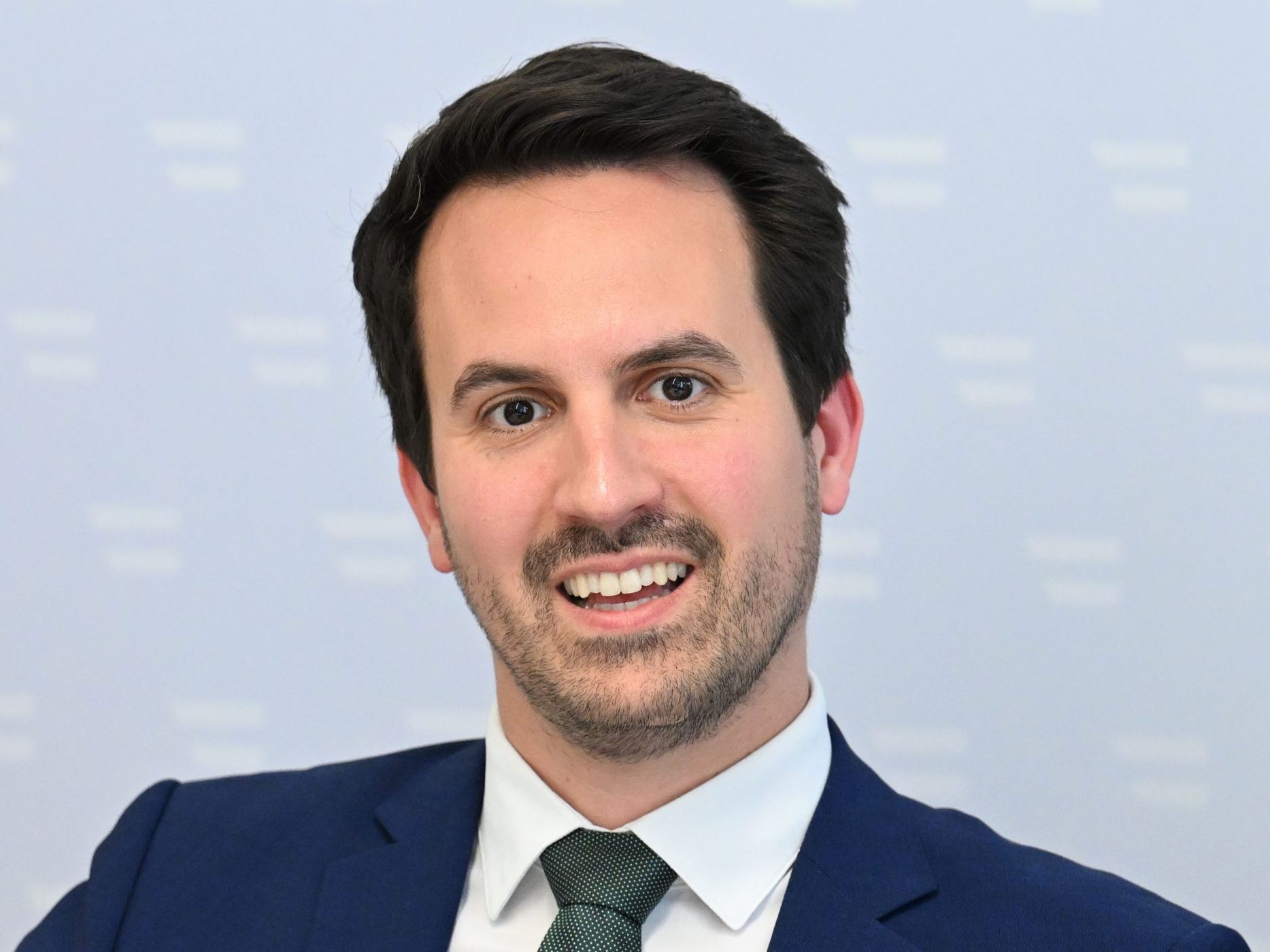Early Childhood Education: Wiederkehr Announces Training Initiative

The "major training initiative" is to be passed in the Council of Ministers next week, according to Education Minister Christoph Wiederkehr (NEOS) in the ORF "Press Hour". It is planned to invest an additional 32 million euros in the coming years. Wiederkehr also expressed optimism that there will be enough teachers available in the next school year. His goal for the end of the legislative period is to eliminate the teacher shortage. Already, more people are choosing to study teaching.
Wiederkehr Announces Focus on German Language Support
Wiederkehr also wants to advocate for more German language support. The number of German language support staff in the coming school year will be increased from the current 650 to 1,300 - in times of budget constraints, this is a "strong signal" that every child must learn German. The second mandatory kindergarten year, which is to come by 2027 at the latest and is already funded, is also intended to help here. Every child in need of German language support will also receive individual German language support next year, emphasized the Education Minister.
Wiederkehr identified a "huge problem area" in the fact that "far too many young people" cannot read and write adequately after nine years of compulsory schooling. Therefore, a middle school diploma is to be introduced, which they must complete after the end of compulsory schooling. Young people with deficits should be identified and supported earlier. If someone does not achieve the middle school diploma, there should be targeted support programs.
In addition, Wiederkehr wants to focus on imparting values, with civics to be introduced as a separate subject for lower secondary schools and middle schools. He also advocated for a change in school culture - instead of focusing on deficits, the focus should be on children's talents and fostering them. Work is also being done on an opportunity index, as schools that need special support should also receive special funding.
Working on Legal Options for Parental Sanctions
Sanctions for uncooperative parents are being planned. For example, administrative fines should be imposed if a child is suspended due to violence and the parents refuse to communicate with the school, Wiederkehr cited as an example. How this can be legally structured is currently the subject of consultations with experts. A legislative proposal is expected to be available during the next school year.
Wiederkehr considers educational federalism to be an obstacle and advocated for a disentanglement of responsibilities. He mentioned that there are many allies, such as the Governor of Salzburg, Wilfried Haslauer (ÖVP), who can imagine the federal states relinquishing their competencies in the field of education. Wiederkehr also advocated for more federal responsibilities in education "in a small country like Austria," but wants to discuss openly with the states.
In view of the strained budget situation, Wiederkehr advocated for discussing new austerity measures if necessary. The reopening of the salary agreement for civil servants, whose salaries are to be adjusted above inflation in 2026 according to a two-year agreement, could also be discussed.
FPÖ education spokesperson Hermann Brückl identified a "dangerous gap" between announced reform ideas and actual implementation. The teacher shortage is "no surprise, but the result of years of neglect - especially under NEOS responsibility," he criticized in a statement. Particularly in metropolitan areas like Vienna - where Wiederkehr served as City Councilor for Education before moving to the federal level - the staff shortage is dramatic. Brückl called for a personnel offensive as well as "clear measures against integration refusal in the classroom and nationwide uniform training standards for religious teachers."
(APA/Red)
This article has been automatically translated, read the original article here.





